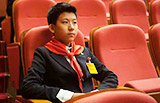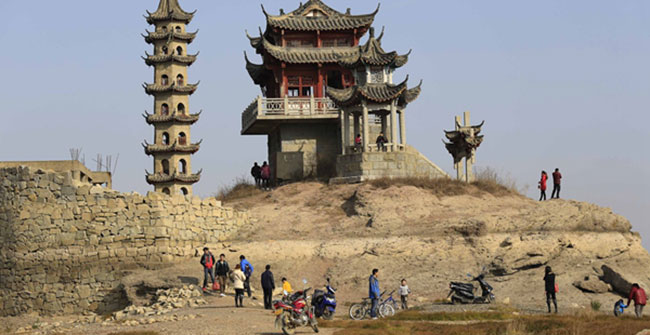Police to combat bad guides, fraud
By Su Zhou (China Daily) Updated: 2016-02-02 08:05Five new police units will be formed in Southwest China's Yunnan province to combat fraudsters, con artists and other criminals targeting tourists.
The teams will be tasked with providing security cover in cities and towns such as Dali, Kunming and Lijiang, as well as receiving complaints from the public about fraud, unlicensed guides and ticket scalpers.
It is hoped the move will bring some order to the province's often chaotic tourism market and follows the release of a three-minute video that was widely circulated on social media, showing a tour guide in Xishuangbanna venting her frustrations about the lack of spending in scenic spots.
The unnamed woman branded nearby tourists "miserly" and said they should be "ashamed" for not spending more money, before threatening to prevent their departure if they told anyone about her behavior.
Wen Shuqiong, deputy director of the Yunnan Tourism Development and Reform Commission, said Yunnan had introduced a number of measures "to protect tourists' rights in the past year, such as limiting shopping time to under 90 minutes per day".
In fact, forced shopping was one of the reasons why China's first tourist police unit was established in Sanya, Hainan - another city plagued by rude tour guides and overpriced food.
So far, tourist police in Sanya have investigated 81 public security cases, detained 86 people and detected 1 criminal case.
"Tourist police have the right to enforce the law. The process of dealing with tourists' complaints has been streamlined and those who want to make illegal profits by setting traps for unsuspecting tourists have been effectively frightened off," said Yue Jin, vice-mayor of Sanya.
Li Jinzao, director of the China National Tourism Administration, said it was important to protect the rights of tourists and ensure they do not fall victim to criminals.
"Many places in China have invested huge amounts of money into marketing and advertising to attract tourists," he said. "This is important, but a scandal could ruin all the good effort that has been put in, especially if the local tourism market is not orderly."
Providing a better environment for tourists requires the local government to adjust its way of managing the sector, Li said.
"We used to focus on scenic spots. However, tourists do not stay in one spot forever. In order to regulate the tourism market, the local government needs to to get out of this 'scenic spot' way of thinking and regulate the whole city's public order."

- Hainan looks to boost visitor numbers
- Excessive emissions a big problem in 59 cities
- Tough rules will cut marine pollution
- PLA revamps command system
- Teen calls for educational reform at political meeting
- Huge investment fraud ring smashed
- Millions of ethnic people bedeviled by a dot in names
- Man found innocent of homicide after 23 years in prison
- China penalizes 27 over wrongful conviction case
- Shenzhen vows public safety drive






